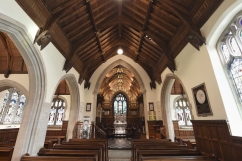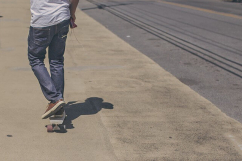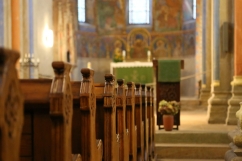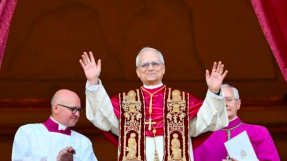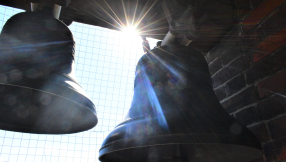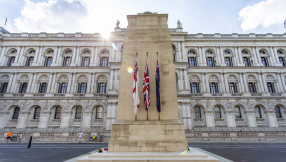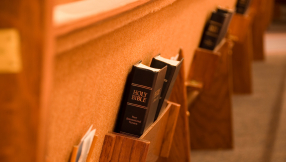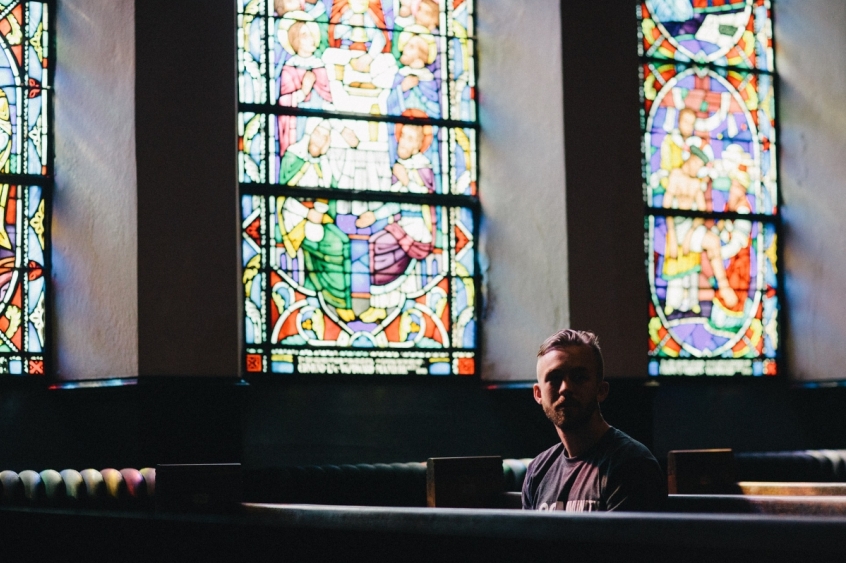
How important is religious freedom? Pretty important in America, not so much in Europe, according to data from polling organisation YouGov.
It's just released figures detailing statistics from seven European countries, plus the US, showing the importance different cultures place on different rights around the world.
Some of the results are unsurprising: 46 per cent of Americans thought the right to own a gun was important, while it barely registered elsewhere. This just might account for 13,286 people being killed with guns in the US last year and 26,819 people being injured, but that's another column (other variations include far higher US support for the right to life of the unborn child and far lower support for free school education).
YouGov identified 30 rights, split them into two lists and asked people to choose five from each list. In his blog, YouGov president Peter Kellner points out that the fact panel members didn't vote for a particular right doesn't mean they don't believe in it, it just means they think something else is more important.
Overall, the right to 'Pursue a religion of choice' comes more than half way down the list of priorities. It scores 53 per cent in the US but only 26 in Britain. France – somewhat unsurprisingly, given that country's history of anti-clericalism and its tortured relationship with its large Muslim minority – is the lowest, at 24 per cent.
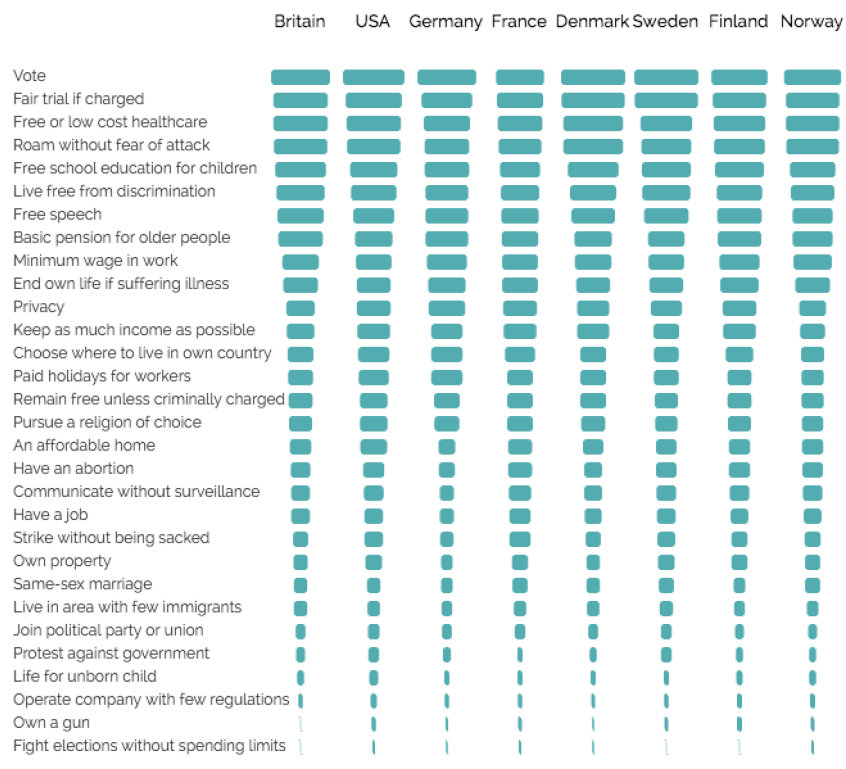
It's not surprising, on the other hand, that the US is top. Religion, especially in election season, has a high profile. There's a pervasive, if not entirely persuasive, narrative of anti-Christian discrimination that tends to make people feel a 'right' is under threat, even if it isn't, and makes them inclined to dig their heels in.
There could be all sorts of reasons for the relatively low scores in Europe, one of which is – in line with Kellner's point – that other things are just more contested at the moment. Furthermore, it's a less religious continent, and if people are personally detached from an issue they tend not to rate it so highly.
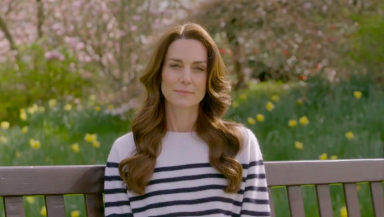
But just how important is religious liberty?
At one level it's far, far more important than these bare statistics might suggest.
At another level it's not.
Discussions about the practice of religion in Western democracies are set, whether those engaging in them know it or not, against the background of the ferocious wars that devastated Europe in the 17th century. Next year Protestants will celebrate the 500th anniversary of the Reformation and enthusiastically remember Martin Luther, John Calvin and the rest. But as well as spiritual renewal, the Reformation led to continent-wide carnage as religious rivals squared off against each other.
After the dust had settled and the bodies were buried, the philosophers, theologians and lawmakers came to realise that while religion can be hugely beneficial to society, it's dangerous if it's not controlled. You couldn't let the Church run the state, and you had to give people freedom to practise their faith – though you could privilege certain expressions of that religion, as England does with its state Church.
And if you take away someone's right to believe what they want to believe and educate their children in their faith, you are striking at the roots of their identity. The state is claiming the right to define who a person is. England's Elizabeth I, a tolerant monarch for her time, famously said she had no wish to "open windows into men's souls"; what they believed was, up to a point, between them and God. Taking away the freedom to 'Pursue a religion of choice' is defacing the image of God in the human soul.
It happens all the time; not just in the rogue states of Eritrea and North Korea, but in Western allied countries like Pakistan and Saudi Arabia. If people aren't free to express their faith without fear, they are spiritually lamed. That is not acceptable.
But the other lesson the world learned about religion was that it could be dangerous, so it has to be controlled. No individual rights are absolute, because at some point they will collide with someone else's rights. The state has the right to forbid manifestations of religion that sanction violence, abuse and discrimination. It's as we negotiate rights that we need wisdom to discern what's crucial and what's – well, negotiable.
Both the European assessment of the importance of religious rights and the American are potentially worrying. In the US, they've become a political and ideological shibboleth. Any concession, from gay marriage to transgender people using the 'wrong' lavatory, can be seen as a betrayal. In Europe, they're relegated to the category of 'less important', scoring below pensions, privacy and paid holidays for workers.
They are much more important than that. But we are still working out how to make room for the right to choose and practise a religion which might be awkward and counter-cultural in a culture that is moving further away from faith all the time.










